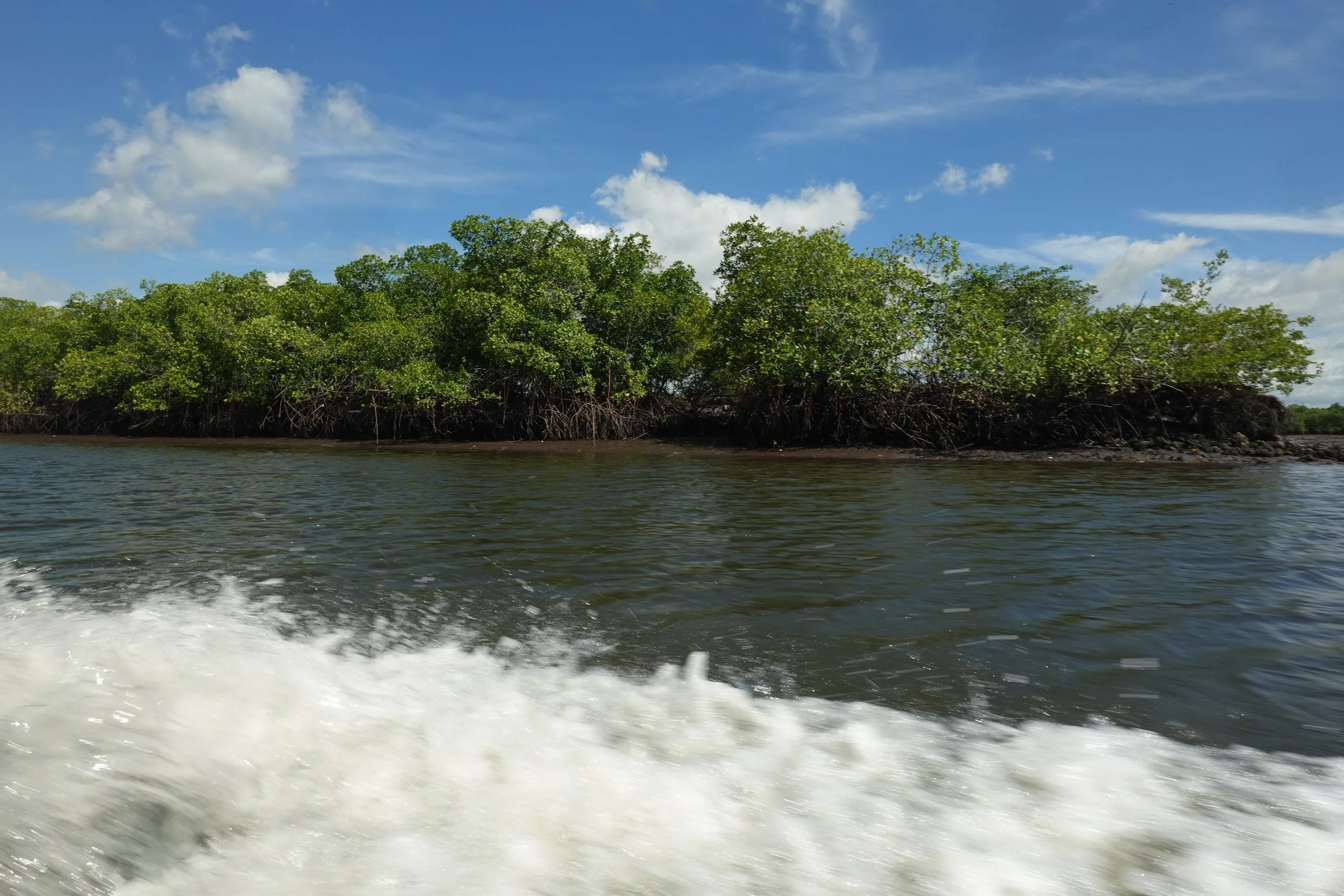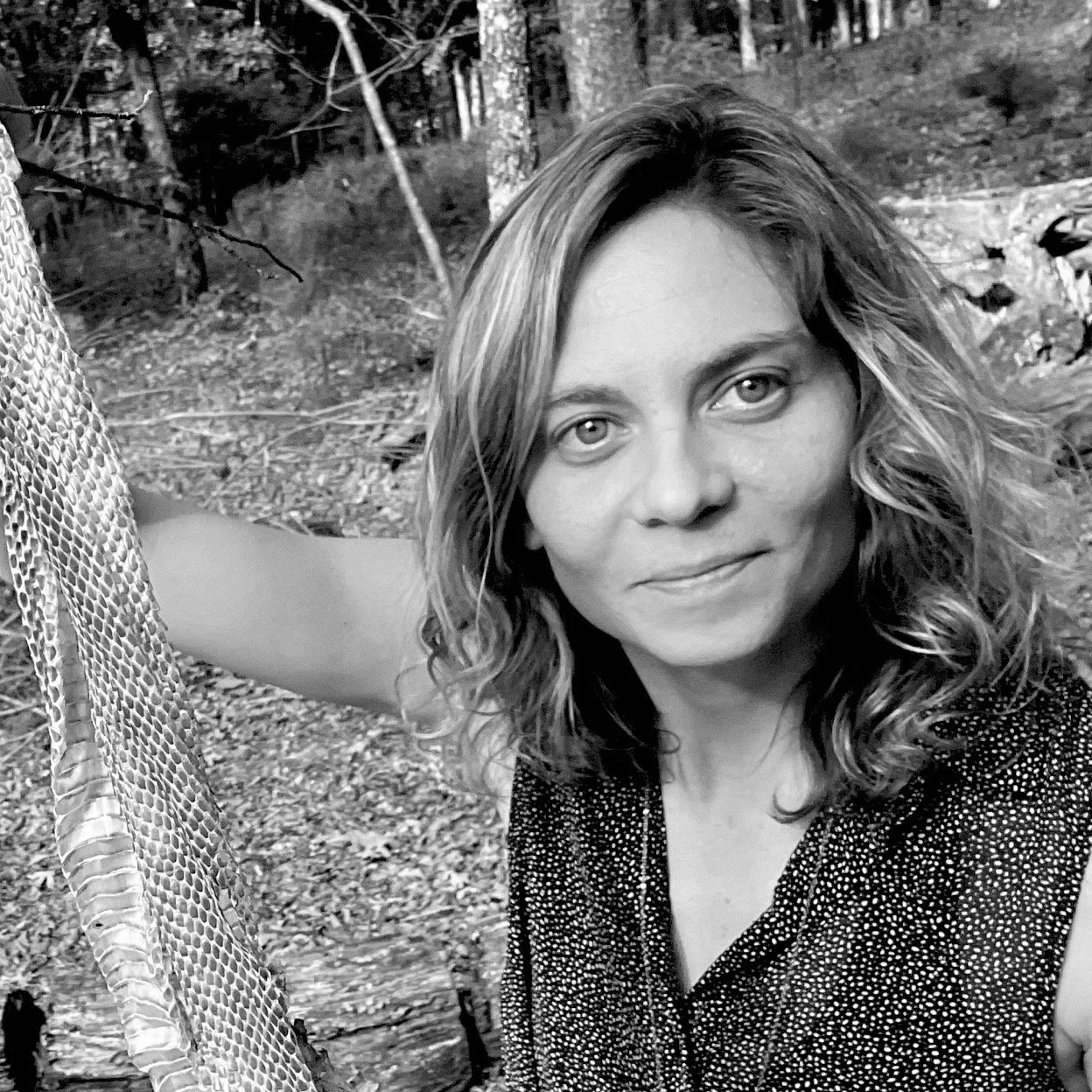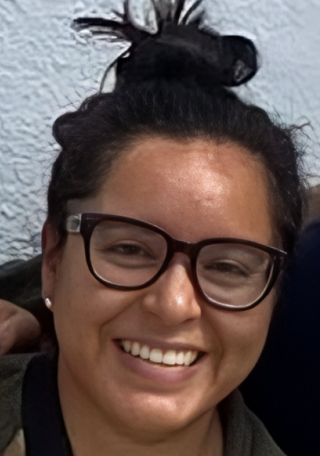
Jiquilisco Bay Alliance
international cooperation, community action

Mission:
Support the people of the Jiquilisco Bay region of El Salvador by advancing community-led ecological and economic initiatives.

Vision:
A vibrant and resilient Jiquilisco Bay biosphere and community with strong collaborative relationships to cultivate a sustainable future for the ecosystem and people.

About the Jiquilisco Bay Alliance
The Jiquilisco Bay Alliance (JBA) stands on a long history of international solidarity to support community-led initiatives in the Jiquilisco Bay region of El Salvador. Building from decades of friendship and success, JBA works to provide financial and technical support to projects in sustainable fishing, agroecology, mangrove ecosystem restoration, public space design, and organizational capacity building. These projects are primarily managed by two local non-profit organizations, Asociación Mangle and Asociación Cincahuite, that work to advance community goals in the region.
After the Salvadoran Civil War, which ended with the signing of the Peace Accords in January of 1992, local communities were left with minimal governmental support for basic infrastructure and services in the region. In response to this, community members began to organize a social movement known as the Coordinadora de Comunidades del Bajo Lempa to meet community needs in the absence of national and municipal support. Asociación Mangle was incorporated in 1998 to serve as the administrative body to oversee the financing and management of the projects put forward by La Coordinadora.
Similarly, in the area around Puerto Parada, La Coordinadora de las Comunidades del Puerto Parada was founded in 2001 in the wake of devastating floods to support the ecological and economic well-being of the communities around Puerto Parada. The Asociación Cincahuite was officially incorporated in 2013 to support the organizing work of these communities.
Through the work of our community partners in the Bajo Lempa and Puerto Parada, residents are directly organizing and managing the projects that affect their daily lives.
Since the mid 1990’s, these community based organizations have partnered with larger international solidarity networks to elevate and amplify their initiatives. One of the earliest in this region was the Foundation for Self Sufficiency in Central America. Their work developed into the organization EcoViva, who for nearly 25 years supported the communities of the Bay of Jiquilisco.
Among many projects and initiatives, EcoViva organized service learning programs for undergraduate and graduate students outside of El Salvador. This led to the creation of Team El Salvador at Middlebury Institute of International Studies at Monterey, where from 2007 to 2015, students from the California-based graduate school traveled to the Jiquilisco Bay region to volunteer on community projects and apply their developing skills. This led to a new generation becoming invested in the success of the Bajo Lempa and Puerto Parada communities.
When Team El Salvador was disbanded due to increased violence in the region, program organizers established a new nonprofit, ECOPA: Intersections for Sustainable Living. The goal of ECOPA was to carry the momentum of Team El Salvador forward by engaging Middlebury Institute students while also coordinating an international effort to bring technical support to community projects.
Following a years-long spate of gang violence combined with the Covid-19 pandemic travel restrictions, many international solidarity efforts stalled in the Jiquilisco Bay region. EcoViva disbanded in 2022 after more than 20 years of working in the Bajo Lempa and Puerto Parada to support the development of sustainable fishing, agroecology, and community empowerment projects. The nonprofit left Asociación Mangle and their other partner organizations in a strong position with an international donor base. Yet their absence has been felt, especially with international organizations who relied on EcoViva’s relationships and infrastructure to work in the region.
ECOPA began to re-engage with volunteers on-the-ground in the Jiquilisco Bay region in 2022. But, it became clear that ECOPA too was at a crossroads. Post-pandemic the nonprofit had to change direction and find new ways to stand in solidarity with Jiquilisco Bay residents or disband. ECOPA answered the call and in 2023 provided more than $33,000 in direct support for mangrove reforestation, public space, and organizational capacity building.
With new leadership, programmatic initiatives, and community connections, ECOPA reorganized and emerged as the Jiquilisco Bay Alliance in 2024.
JBA prioritizes sending unrestricted funds directly to the local organizations that know best their own communities needs as well as the most appropriate interventions. The Jiquilisco Bay Alliance also provides targeted technical support for specific collaborative projects, including strategic planning, project design, general administration, and monitoring and evaluation.

SUPPORT OUR WORK
Our Community Partners
Team
-

Jamie Stanton - Executive Director
An alumna of Team El Salvador (2015), Jamie Stanton worked as a researcher and policy analyst in the Bajo Lempa region while earning her MA in Public Administration and International Policy from the Middlebury Institute of International Studies (MIIS). She continued her policy work at the United Nations Institute for Disarmament Research in Geneva, Switzerland. Her focus was on developing monitoring and evaluation systems for disarmament programs in conflict regions to measure community level impact. Based in Washington D.C., she is currently an editorial researcher at National Geographic, ensuring integrity of digital and video content.
-

Katharina Breme - Board Chair
Katharina is the Founder of an international consulting firm providing strategic advisory to academic and corporate clients in the United States, Europe and Asia. As the Managing Director she engages as an entrepreneurial consultant, lecturer, investor and board member. Prior to starting her company in 2007 she was a senior executive at Deutsche Post DHL group. Katharina holds a JD and a global corporate degree in leadership and management.
-

Nick Rahaim - Program Director
Nick Rahaim is a multimedia journalist, blue economy researcher, commercial fisherman and recent Fulbright fellow in El Salvador. He received a Master of Arts in International Environmental Policy at the Middlebury Institute in 2022. Rahaim worked the public safety beat at The Press Democrat where he was a member of the 2018 Pulitzer Prize-winning team for breaking news. As a commercial fisherman he has worked in more than a dozen fisheries in the North Pacific logging more than 1,000 days at sea.
-

Ana Vicente de Castro - Secretary
Ana Vicente is an experienced attorney with a demonstrated history of working in the legal services industry. Skilled in Civil Rights Litigation, California Labor Law, Fair Housing, Administrative Law, and Employment Law. Strong legal professional who graduated from Northeastern University School of Law.
Ana works as a Directing Attorney at California Rural Legal Assistance, a Law Firms & Legal Services company with an estimated 154 employees founded in 1966.
-
Jenny Miller Garmendia
Jenny Miller Garmendia spent 30 years in Southeast Asia and has extensive experience in education and conservation. She serves on the Board of several conservation organizations including WaterWays, Friends of the Sonoran Desert and CARE (California Artificial Reef Enhancement). Jenny was the Executive Director of Project AWARE Foundation, an international non-profit organization that works with divers to drive local action for global ocean conservation through citizen science, public policy and community grants.
Jenny holds a master’s degree in International Policy Studies from the Monterey Institute of International Studies and was a Degree Fellow at the East-West Center while at the University of Hawaii. She has done research in international fisheries and ocean governance, and has extensive experience working with government agencies and has served on standard-setting and policy committees at the local, national and international level.
-

Marilou Inzunza - Treasurer
Marilou M. Inzunza, MBA, is a mission-driven operations and finance executive with more than 10 years of experience leading financial strategy, organizational operations, and governance support within nonprofit organizations. She holds an MBA from CSU East Bay and is completeing a Master of Science in Global Studies & International Relations with a concentration in Global Health & Development. Her work focuses on advancing sustainable fisheries, strengthening food and nutrition security, and exploring the role of equitable trade policy in building resilient communities, with a particular passion for supporting initiatives across Latin America. Marilou brings deep expertise in budget oversight, compliance, audit readiness, and scalable systems development, partnering with executive leadership and boards to align operational strategy with long-term, mission-driven impact.




